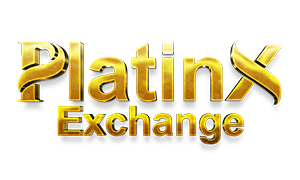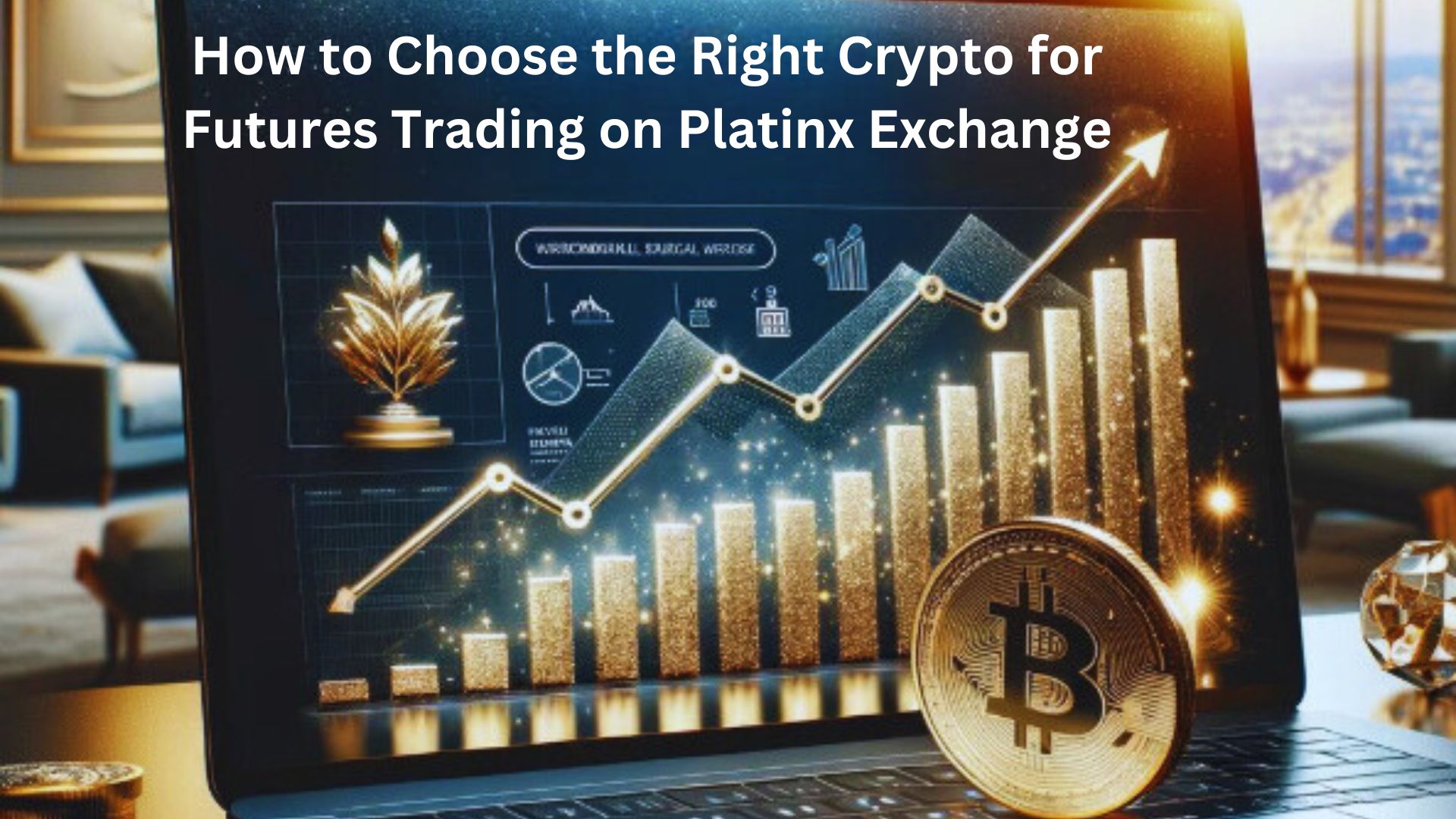Cryptocurrency futures trading has gained massive popularity due to its potential for high returns, offering traders the ability to speculate on price movements using leverage. Choosing the right cryptocurrency for futures trading is crucial, especially when using a reliable platform like Platinx Exchange. This guide provides insights to help you make informed decisions and maximize your trading success.
Introduction to Crypto Futures Trading
Crypto futures trading involves agreements to buy or sell a cryptocurrency at a predetermined price on a specified future date. Unlike spot trading, where assets are exchanged instantly, futures trading allows speculation on price directions without directly owning the cryptocurrency.
Key Benefits of Futures Trading
-
Leverage:
Amplifies potential profits by allowing larger trades with smaller investments.
-
Hedging:
Protects investments from market downturns.
-
Liquidity:
Futures markets tend to be highly liquid, enabling smooth entry and exit.
Understanding Platinx Exchange
Platinx Exchange stands out as a robust platform for crypto futures trading, offering a seamless user interface and advanced trading tools.
Key Features of Platinx Exchange
-
High Liquidity Pools:
Ensures efficient trading with minimal slippage.
-
Competitive Fees:
Offers a transparent fee structure, ideal for frequent traders.
-
Enhanced Security:
Incorporates state-of-the-art measures to protect user assets.
Factors to Consider When Choosing a Crypto
Selecting the right cryptocurrency involves careful evaluation of various factors:
-
Market Volatility
- Cryptos with higher volatility, like Bitcoin or Ethereum, offer more trading opportunities but come with greater risk.
-
Liquidity
- Choose cryptos with substantial trading volume to ensure seamless trade execution.
-
Historical Performance
- Analyze past trends to predict future movements and identify profitable opportunities.
-
Popular Cryptocurrencies for Futures Trading
Here are some commonly traded cryptocurrencies suitable for futures markets:
-
Bitcoin (BTC)
- The most liquid and widely accepted cryptocurrency.
- Ideal for both beginners and experienced traders.
-
Ethereum (ETH)
- Known for its versatility and vibrant ecosystem, Ethereum is a strong contender in futures trading.
-
Altcoins
- Coins like Binance Coin (BNB) and Solana (SOL) provide niche opportunities for diversification.
Analyzing Market Trends
Both technical and fundamental analysis play pivotal roles in selecting the right crypto for futures trading.
Technical Analysis
- Use tools like moving averages, RSI, and Fibonacci retracements to gauge price trends.
Fundamental Analysis
Assess the underlying project, utility, and development activity.
Leverage and Risk Management
Understanding Leverage
Leverage allows you to amplify returns but also increases the risk of liquidation. It’s essential to calculate potential losses before executing trades.
Tips for Risk Management
- Set stop-loss orders to limit downside risk.
- Avoid over-leveraging, especially in volatile markets.
-
Trading Volume and Liquidity on Platinx
Higher trading volumes indicate a healthy market, reducing the risk of price manipulation. Platinx Exchange provides detailed analytics to monitor liquidity and trading activity.
-
Regulatory and Security Considerations
Ensure the chosen cryptocurrency complies with local regulations and is supported by a secure trading platform like Platinx, which offers multi-layered security protocols.
-
Utility Tokens vs. Speculative Assets
While utility tokens offer long-term growth potential due to real-world applications, speculative assets may provide short-term opportunities but come with higher risks.
-
Research Tools for Crypto Selection
Platinx Exchange offers built-in analytics tools, enabling traders to assess market conditions and identify the best crypto for futures trading.
-
Diversifying Your Futures Portfolio
Diversification minimizes risk by spreading investments across multiple cryptocurrencies. A well-balanced portfolio often includes both major coins like BTC and ETH, as well as promising altcoins.
-
Identifying Trading Opportunities
Use Platinx’s analytics and charts to identify trends and execute trades during favorable market conditions.
-
Fees and Costs on Platinx Exchange
Platinx Exchange provides competitive fees, making it an attractive option for futures traders. Compare its costs with other platforms to understand your overall trading expenses.
-
Beginner vs. Advanced Traders
For Beginners
- Focus on mainstream cryptocurrencies like BTC and ETH, which are less volatile and more predictable.
For Advanced Traders
- Experiment with niche altcoins and advanced strategies, leveraging Platinx’s sophisticated tools.
-
Frequently Asked Questions (FAQs)
-
What is the best cryptocurrency for futures trading?
Bitcoin and Ethereum are popular choices due to their high liquidity and robust market presence.
-
How does Platinx Exchange support futures traders?
Platinx offers advanced tools, competitive fees, and a secure environment for futures trading.
-
What is the risk of using leverage in futures trading?
Leverage amplifies both potential profits and losses, so careful risk management is crucial.
-
Should I focus on altcoins for futures trading?
Altcoins can offer higher returns but come with increased volatility; diversify to mitigate risk.
-
How does Platinx ensure security?
Platinx employs multi-layered security protocols, including cold storage and two-factor authentication.
-
What fees are charged by Platinx for futures trading?
Platinx offers a transparent fee structure, which varies based on the trading volume and leverage used.

